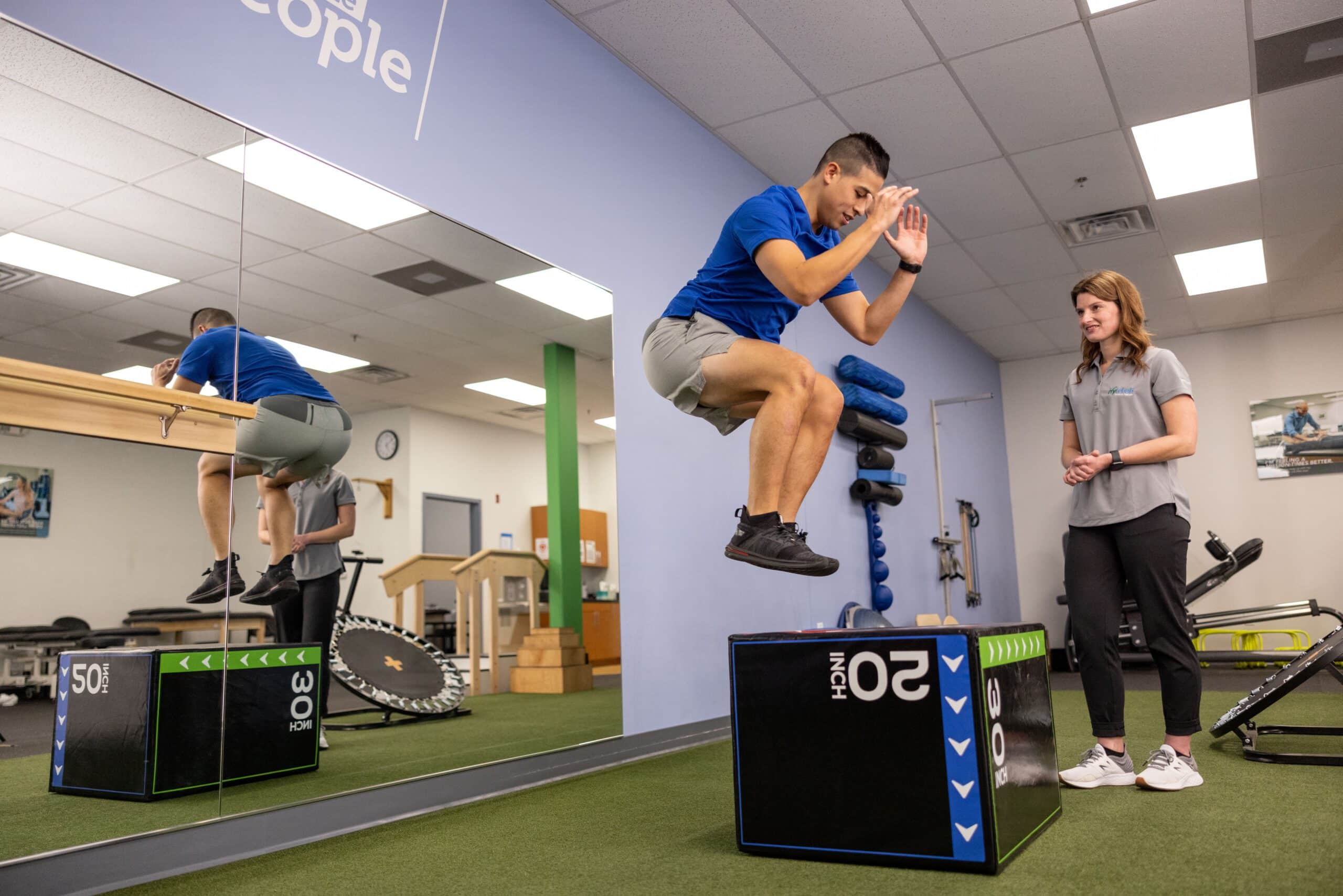Improving Rehab Outcomes Through Efficient Functional Motion Assessment Protocols
Improving Rehab Outcomes Through Efficient Functional Motion Assessment Protocols
Blog Article
Functional Movement Screening (FMS) is a valuable instrument used to assess an person's mobility patterns. This assessment helps determine any deficiencies or imbalances in the musculoskeletal system, which can result to injuries if not corrected. In rehabilitation contexts, FMS can play a crucial role in improving recovery results. By understanding how each individual moves, healthcare providers can develop targeted recovery programs that focus on enhancing power, mobility, and overall performance.
One of the key advantages of using FMS in rehabilitation is its capability to pinpoint particular aspects that need improvement. For instance, if a patient has difficulty with squatting or lunge movements, it may indicate a deficiency of mobility in their hips or ankle joints. This information allows clinicians to create customized exercise programs that emphasize addressing these shortcomings. As a result, patients are more likely to recover their strength and ability, which is essential for returning to daily activities or athletics.
Incorporating efficient FMS procedures can also help avoid future harm. Many injuries occur due to inefficient movement patterns or excessive use of certain muscular groups. By screening patients before they begin a rehabilitation plan, clinicians can identify hazards and implement strategies to minimize them. Educating patients about proper mobility patterns and strengthening underdeveloped areas can lead to sustained advantages, ensuring that they stay engaged and healthy.
Additionally, the use of FMS can enhance communication between healthcare professionals and clients. When clients witness their movement mechanics evaluated and explained, they gain a better understanding of their rehabilitation process. This clarity fosters confidence and encourages patients to take an engaged role in their recovery. By engaging patients in their recovery journey, they are more likely to follow to prescribed exercises and behavioral adjustments that promote better outcomes.
In conclusion, improving recovery results through effective functional mobility screening protocols is crucial for both clients and healthcare providers. By accurately evaluating look at here mobility patterns, clinicians can create tailored rehabilitation plans that meet individual requirements. This not only facilitates in recovery but also helps see it here avoid future harm. As patients become more involved in their recovery journey, they are likely to attain their goals and maintain a fit, engaged lifestyle.